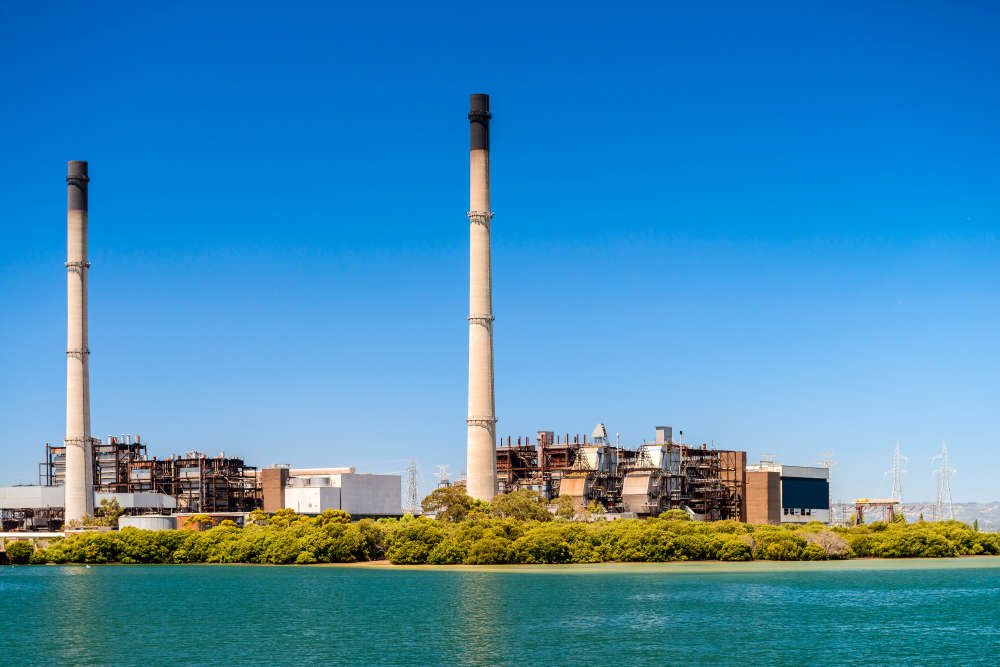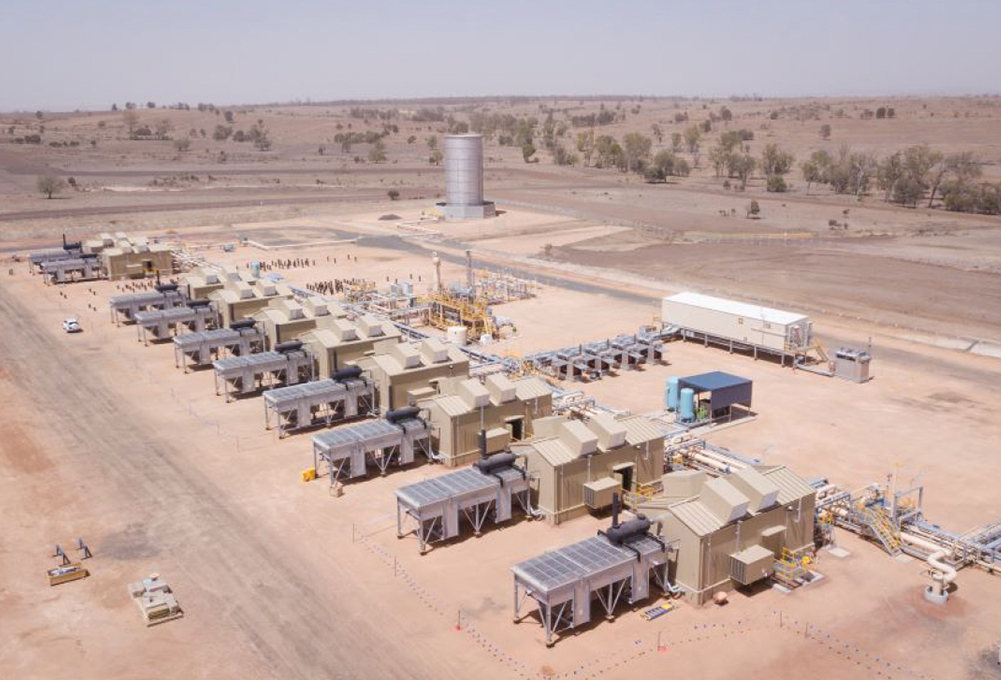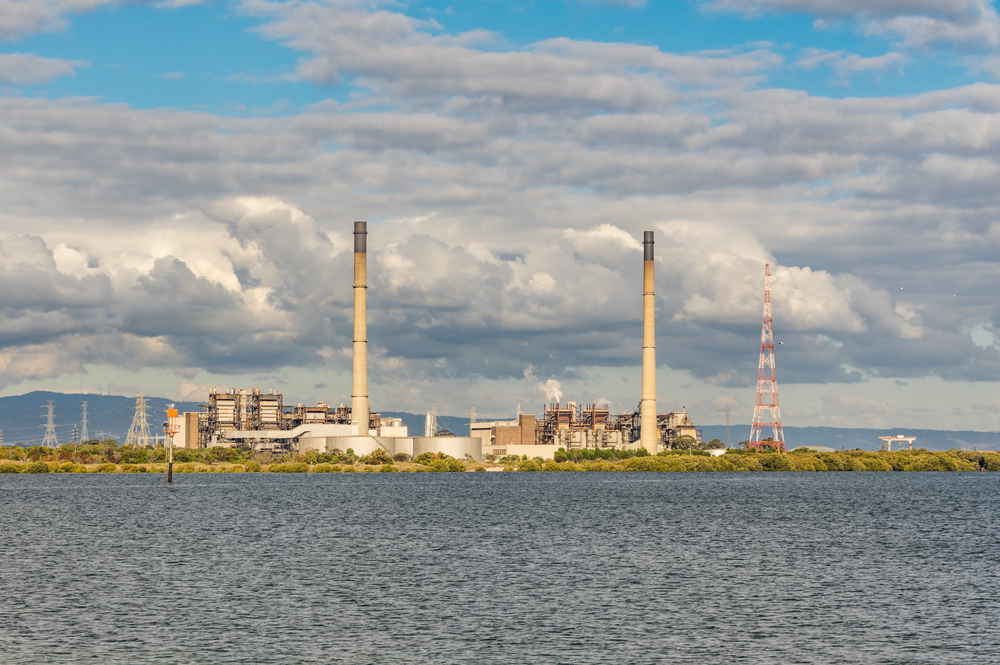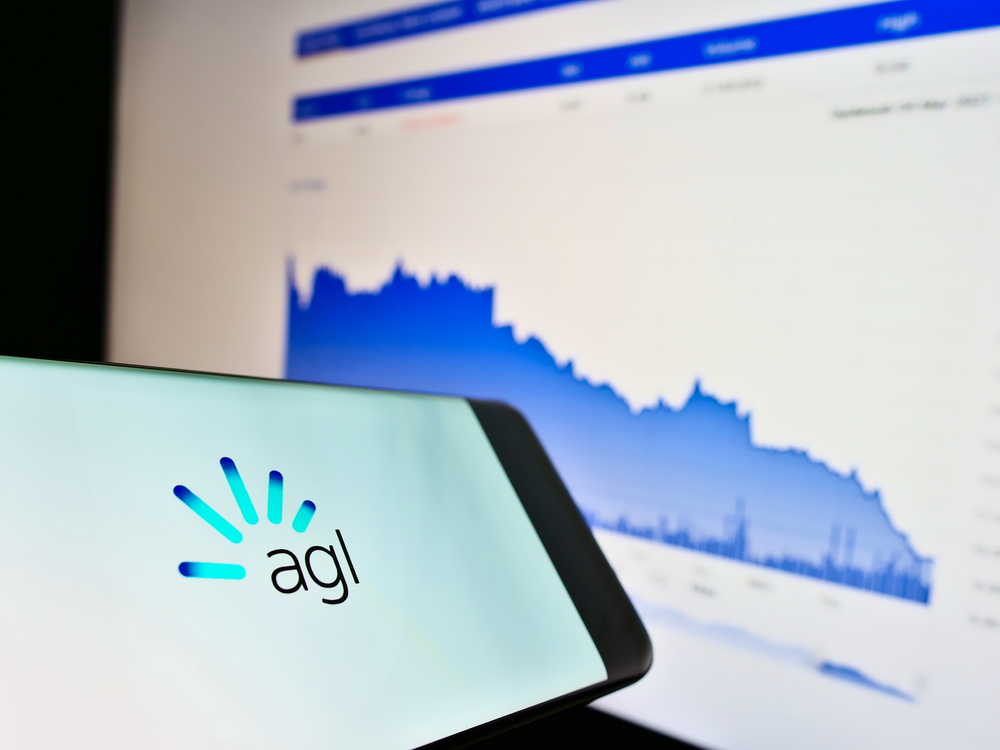
AGL Energy Limited has announced it will close the Torrens Island ‘B’ Power Station on 30 June 2026, and that it will continue to progress the transformation of its Torrens Island site into a low-carbon industrial Energy Hub.
The decision follows extensive consultation with stakeholders, including the South Australian Government, and is driven in part by the planned completion of the Project Energy Connect interconnector between South Australia and New South Wales in mid-2026. This will further impact gas-fired generation in South Australia and as a result the economic viability of the power station.
The Torrens Island ‘B’ Power Station commenced operations in 1976 with a nameplate capacity of 800 MW, providing South Australia with both electricity generation and grid ancillary services. The first of the four generating units (B1) was mothballed in October 2021; both B1 and the remaining three units will be retired on 30 June 2026.
The announcement is not expected to have a material impact on underlying profit in the 2023 financial year or over the longer term due to the challenged economic viability of the power station.
AGL says it is strongly committed to working with its people, in conjunction with unions and government, to help transition and further develop the skills and capabilities required for new and existing energy industries as Australia’s energy system transitions to a low-carbon future.
“Over the past four years, AGL has invested $475 million in major energy projects on Torrens Island, including the 210 MW Barker Inlet Power Station, which opened in 2019, and the 250 MW Torrens Island battery, which is expected to be operational mid 2023 – providing crucial firming capability and system security to the grid. AGL has also recently announced a feasibility study into the development of a green hydrogen facility at Torrens Island.
“Torrens Island will continue to play a crucial role in AGL’s current energy requirements and future generation plans as the site is transformed into an integrated industrial Energy Hub, with the potential to drive new investment, create new job opportunities as well as the expansion into new markets including hydrogen and green energy.”








